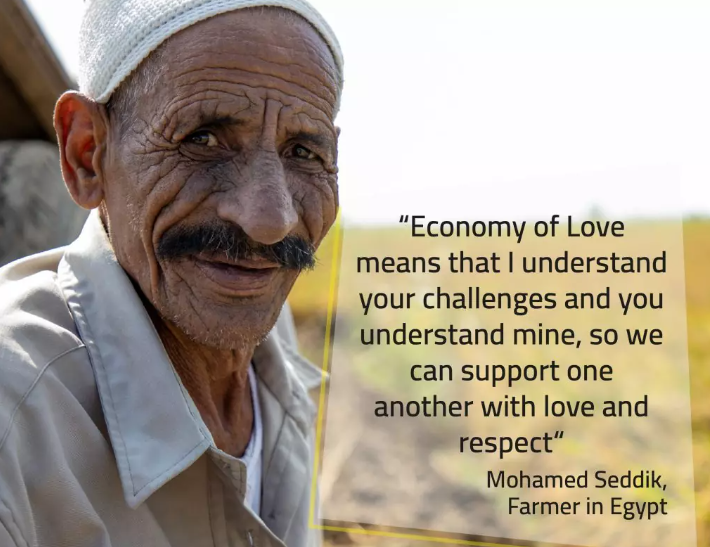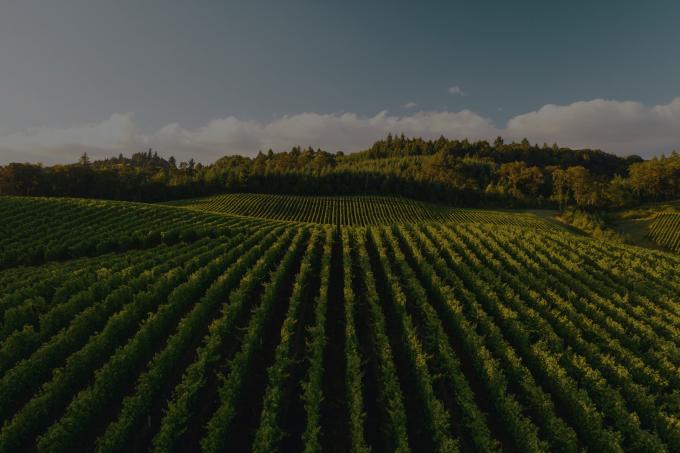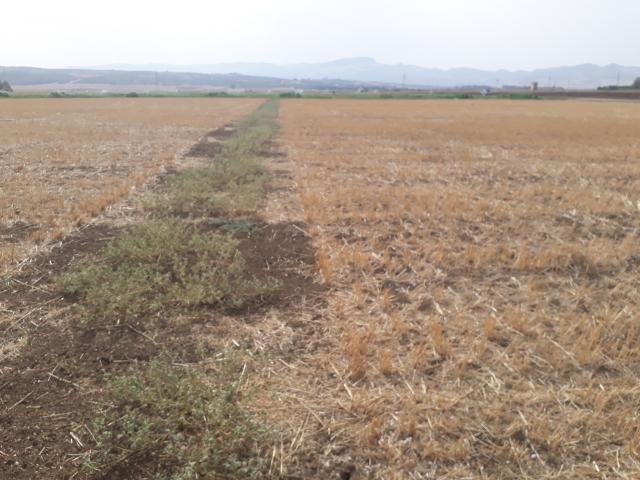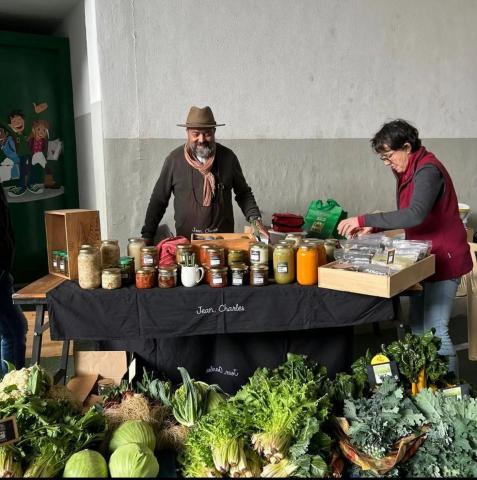Period
2018 - in progress
The Economy of Love (EoL) standard is a beacon for holistic sustainability, encompassing society, economy, culture and environment. Evolving from a certification framework to an integrated carbon credit model, EoL is at the forefront of regenerative agriculture and climate change mitigation in Egypt. EoL is orchestrating a paradigm shift by empowering farmers through comprehensive training in regenerative techniques, linking social and environmental sustainability. Issuing ISO 14065-compliant carbon credits incentivises farmers to adopt regenerative approaches, while promoting corporate transparency and consumer empowerment. The pioneering EoL prototype in the Wahat Baharya Oasis demonstrates the transformative power of regenerative agriculture in climate change mitigation. Currently, 2,100 smallholder farmers are being verified, with a visionary goal of scaling up to 40,000 by 2025. Carbon credit incentives encourage environmental stewardship and collective knowledge sharing among farmers. EoL is looking for visionary partners to accelerate the distribution of carbon credits and pre-finance initiatives to support farmers in their transition to regenerative practices. The EoL Fund and microloans aim to catalyse reforestation and compost production, enabling farmers to embrace sustainability and combat climate change. This practice represents a shift in agricultural practices and serves as a model for ecological integrity, economic prosperity, and social empowerment. It aims to propel Egypt towards a resilient and sustainable agricultural future.
You must be registered to see all the content
Identification needs
The Economy of Love Standard was developed and inspired by the SEKEM initiative. The Economy of Love has defined holistic sustainability as the balance between the four dimensions of society, economy, culture, and environment. The EoL standard was designed as a product and supply chain certification system in 2019. In 2021, the EoL standard was further developed including the assessment and calculation as well as the issuance of carbon credit certificates for complying with the EoL standard criteria. The standard now provides governance, certification criteria, an online platform for credit tracing, and a carbon credit register for licensed carbon farmers. Our goal is to enhance and promote regenerative and sustainable agriculture in times of climate change. The model applies the sustainable agriculture system in Egypt, including all indicators that aim to reduce carbon emissions in agricultural activities, such as carbon sequestration in the soil.
Stakeholder change
TO FARMERS: Receiving technical training on regenerative, sustainable farming practices. Receiving higher income through EoL carbon credits. Getting access to the EoL Fund for the implementation of sustainable and innovative projects. Protecting their rights through contractual agreements with companies. Being part of a network that shares best practices and that supports each other. Building a bridge to the end-consumer. FOR COMPANIES: Highlighting sustainable and ethical principles. Providing transparency across the entire value chain. Strengthening customer trust and loyalty. Increasing customer satisfaction. Enhancing stakeholder relationship management. Creating a corporate culture reflecting fairness and respect within the organization. FOR END-CONSUMER: Making informed and responsible purchasing decisions. Accessing information about the supply chain and True Cost more easily with a QR code.
Change triggered
The first EoL prototype on carbon farming in Egypt has been completed on an 830-acre pilot desert farm in the Wahat Baharya Oasis. The farm has shown significant results indicating that regenerative agriculture under EoL guidelines can contribute to mitigating the adverse impact on climate. Following the promising signs from the prototype project, the EoL scheme was introduced to 2,100 smallholder farmers (members of EBDA), who are currently in the process of verification and validation according to ISO 14065. Farmers who are committed to ecological and social regenerative practices can benefit from the financial incentives through the carbon credits scheme (phase 1 & 2). By 2025, the goal is to strengthen the administrative and technical capacity of EoL to enable up to 40,000 farmers to implement or adopt the EoL standard and thus benefit from EoL carbon credits.
Short description
To promote the development of climate-friendly agriculture and the transition towards organic farming in Egypt, the distribution of CO2 certificates has to be accelerated. EBDA is looking for long-term partners who are committed to participating in this transformation to make a positive contribution to healthy, vital, and ethically sustainable agriculture. We are also looking for permanent partners who are willing to support the pre-financing of the transition. EoL Fund: EoL is currently investing in advisory services, afforestation and increased compost production. The association aims to provide initial financial support to farmers with limited access to finance to start afforestation projects and compost production on their farms. The upscaling phases require an investment of around 150 euros per hectare. EoL microloans: Through microloans, EoL aims to support new farmer members in setting up renewable energy projects.











.png)


